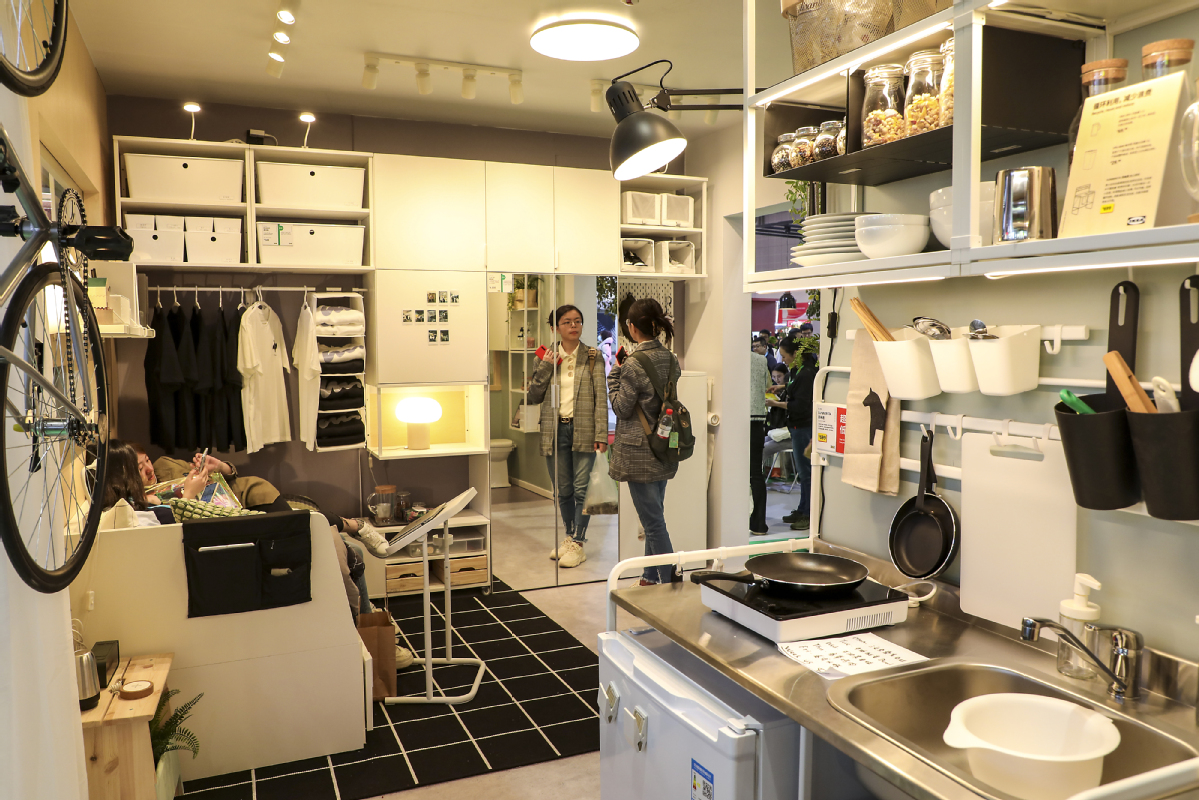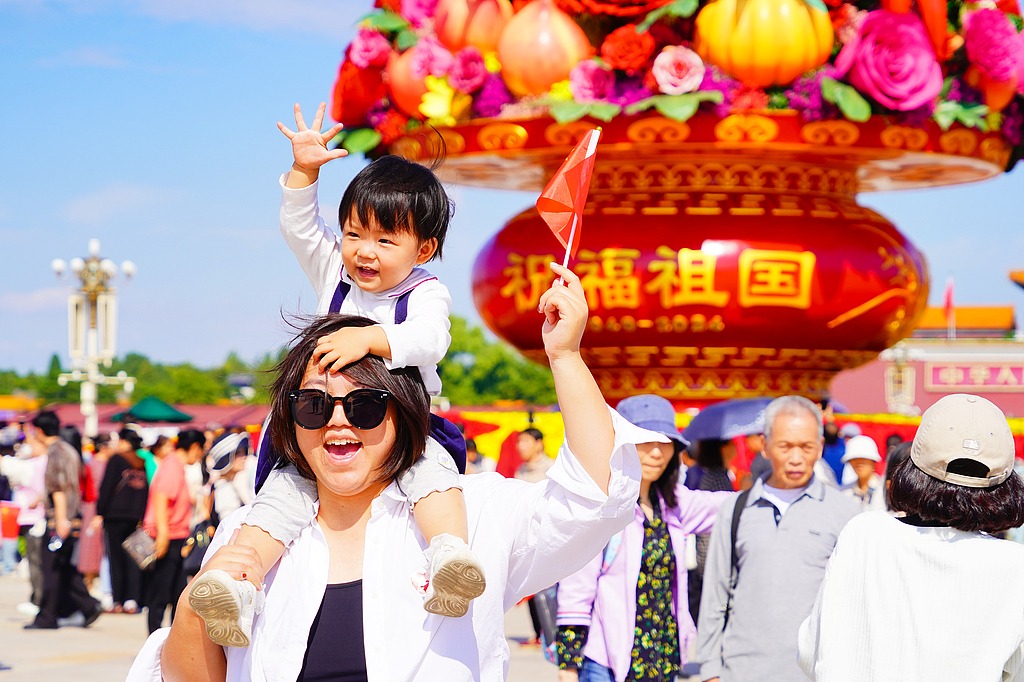IKEA banks on high-tech in China
Furnishing giant plans smaller store formats to expand local presence


Global furnishings and housewares giant IKEA is investing in automation, robotics and other technologies to help lower operational costs and continuously reduce product prices, while adding more convenience-centric stores in China's urban centers, said the Swedish company.
During a visit to China this month, Tolga Oncu, Ingka Retail Manager of Ingka Group — which brings IKEA retail operations to more than 30 markets — stressed the importance of siding with the many amid global economic challenges by offering affordable products and solutions.
In February, the company announced it would invest more than 100 million yuan ($13.9 million) in more than 500 products on offer in China this fiscal year. By offering more lower-priced products, IKEA is expected to inject new vitality into the local furnishings and housewares market and showcase its long-term commitment in China, the company said.
"How we do it is not a secret," said Oncu. "It's by growing our business, taking the economy of scale benefits and lowering operational costs by investing in automation, robotics and other technologies."
In addition, IKEA is continuing to invest 6.3 billion yuan over the next three fiscal years in professional home solutions, personalized services and omni-channel approaches in China, he added.
When it comes to the new formats, the mega-retailer is rolling out plans to introduce newer and smaller store formats, catering to the convenience of urbanites and increasing its presence in key cities, Oncu said.
"By developing newer and smaller formats, actually the opportunity for IKEA to be more present where many people are living or working or socializing is increasing dramatically," he added.
The company will be opening the first Plan & Order Point on the Chinese mainland — in Shenzhen, Guangdong province — to discover how to become more convenient in the offline world.
In terms of digitalization, China is more advanced with emerging technologies, which have been widely applied in diverse consumption scenarios, Oncu said.
"It's maybe more for us to come and learn rather than the opposite. We always say when we travel to China that we travel into the future because what happens here today will most probably happen tomorrow in the rest of the world."
On housewares sector trends globally, Oncu said IKEA has adopted proactive approaches to understand consumer needs through in-depth home visits, with findings — including the importance of storage and solutions — to improve living experiences.
In addition to functional needs, Chinese consumers exhibit growing demand for products and brands that can provide a relaxing, warm and healing emotional experience, with sustainability being a key factor when making buying decisions, said the company.
For example, it is a lot about storage and organization, especially in more densely populated cities in China where space is limited, he said.
Therefore, it is very important for Chinese homes to find storage solutions at an affordable price. For example, when it comes to the growing trend of working out from home, the solution is not to turn the home into a gym.
"It should still be a very cozy home, but then you need solutions to pull out, use your equipment and store it when you are finished," he said, adding that with cooking at home now as a big trend requiring more food storage, containers made of glass can enable people to see how much they have at home before they order more food.
Ingka Group operates 34 stores, two experience centers and eight Livat facilities on the Chinese mainland.




































